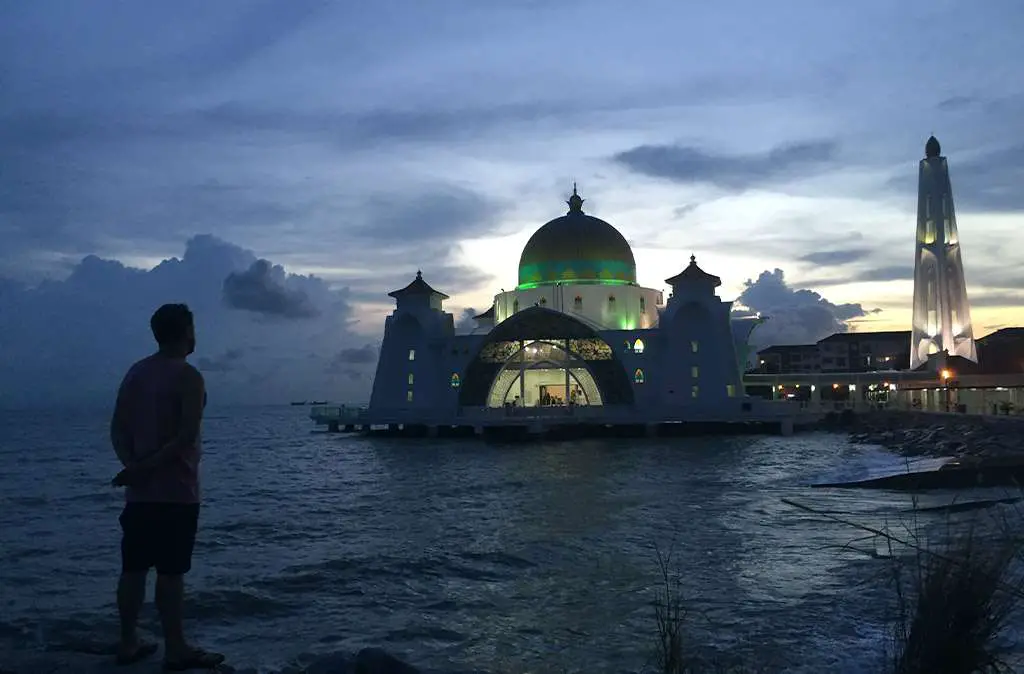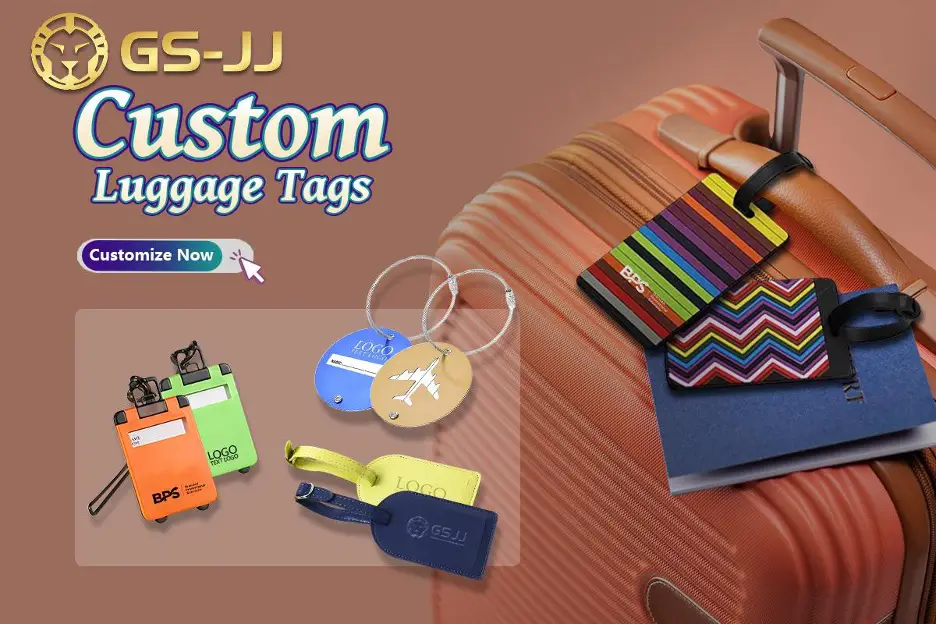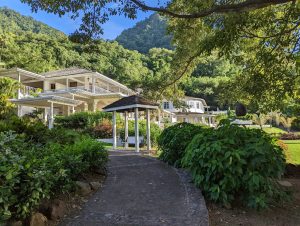Advertising Disclosure: This post may contain sponsored links.
A cultural experience is an opportunity to learn about and participate in the customs, beliefs, and traditions of another culture. It can be a way to expand your horizons, gain new perspectives, and appreciate the diversity of the world.
There are many different ways to have a cultural experience. You can travel to another country, visit a cultural center or museum, or even just meet and interact with people from different cultures. However, we should always be respectful and approach our interactions with a sense of cultural relativism.
Types of cultural experiences
There are many different types of cultural experiences! However, it is important to remember that it is impossible to visit a new place for a two week vacation and expect to become fully integrated into the culture. Culture develops over time and is impacted by a variety of factors including the local economy, geography, religious makeup, political dynamics, and more. Therefore, when seeking cultural experiences do your best to be knowledgeable and prepared ahead of time, and be as respectful as possible.
Traveling
The most obvious way to seek cultural experiences is to travel to another country. Traveling is a great way to immerse yourself in a new culture. You can experience the food, language, art, and music of the country firsthand.
One of the best ways to gain a meaningful cultural experience is to practice experiential travel. Experiential travel involves slowing down the pace of your travel. It challenges travelers not to see ALL of the sights or try to visit too many different locations in a short amount of time. Instead, experiential travels promotes taking the time to really get to know the places and communities you visit. Visiting local shops and restaurants is one great way to learn about a new place. You can learn about local food and customs by observing the goods and you have a chance to talk to local people.
But, it really does take time and patience. If you are trying to force these interactions because you are in a time crunch then you may bother the local people and cause unnecessary stress for yourself.
Relatedly, feeling anxious about being pressed for time or having to worry about your luggage can detract from your interaction with the local culture and make traveling less relaxing. A simple custom luggage tag can make it easy to find your luggage while reducing the stress that comes with lost or disorganized luggage.
Custom luggage tags can be printed with your name, contact information, or even a unique pattern or slogan to reflect your personal style or travel theme. Personalized Luggage Tags make every cultural exploration more special and memorable.
Visiting cultural centers and museums
Cultural centers and museums offer a great way to learn about different cultures. You can see exhibits on art, history, and culture, and you can often participate in workshops and events. In fact, some of my favorite experiences from our travels have been learning about local communities and cultural history through different museums and cultural centers!
One experience that comes to mind is learning about the Padaung people, often referred to as the Longneck Karen. While tours to the actual hilltribe villages like the Longneck Karen in Northern Thailand exist, we opted to go to the Hilltribe Museum in the town of Chang Ria to learn about the Padaung people and their culture. Not only did we get to learn some amazing history about the golden triangle region and the customs of the Padaung people, but we also learned that we made the right choice in not visiting the actual village.
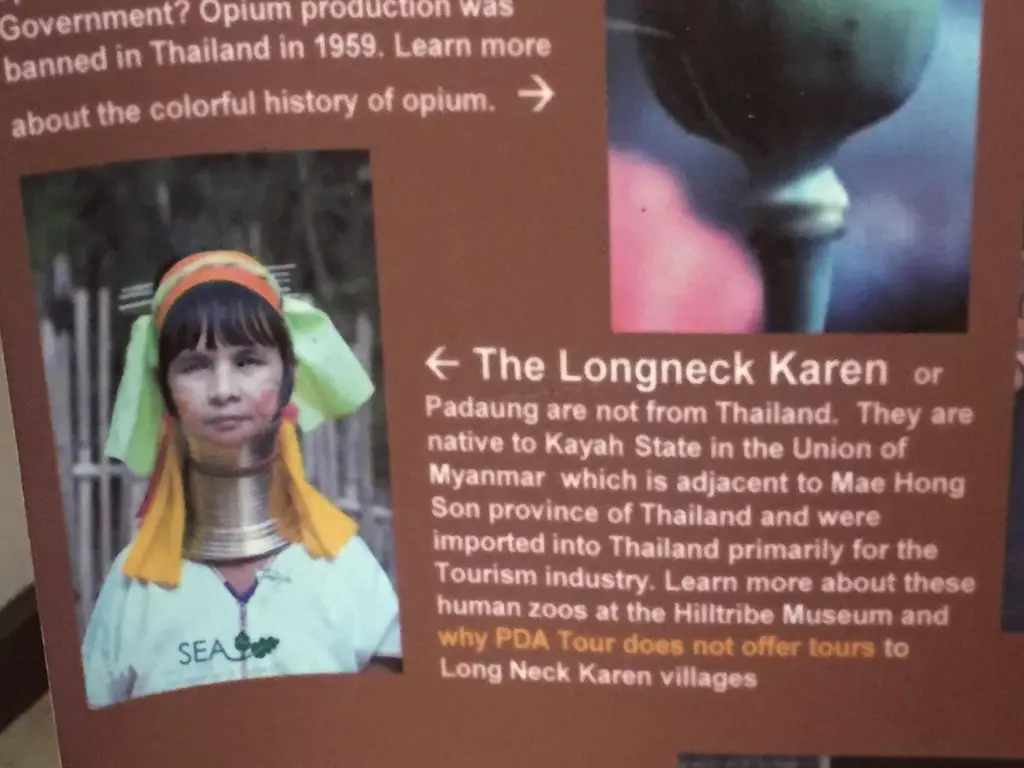
As the photo below shows, tours to the village are actually depleting the Padaung people’s cultural resources and artifacts—something we may have never learned without visiting this particular museum. It is important to always do your background research before seeking out cultural experiences to ensure you are respecting both the people and their culture to avoid turning their their home into a “human zoo.” It is not unthinkable to understand how tourists could be lured into touring these hilltribes without ever realizing the negative experience they are having on them.
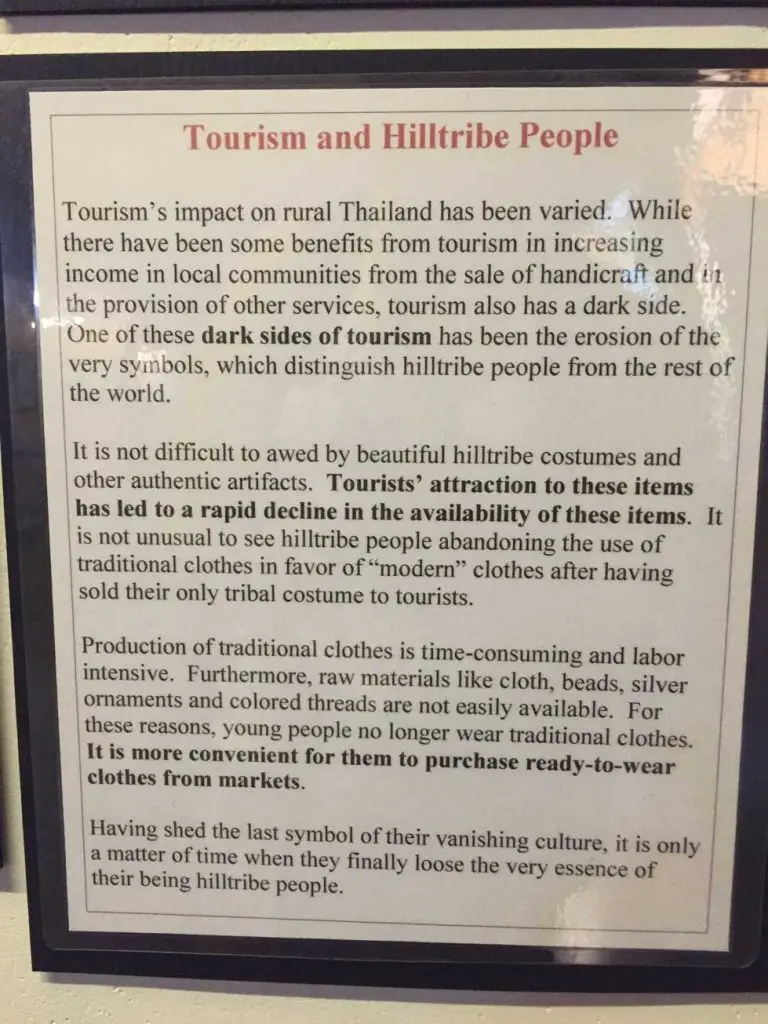
Meeting people from different cultures
One of the best ways to learn about a culture is to meet people from that culture. You can talk to them about their lives, their beliefs, and their traditions. A great step toward meeting people is to seek out activities and places where local people gather.
When traveling, it can be hard to venture away from the areas filled with tourists, since we are tourists ourselves while traveling. But, taking the extra effort to research where the locals eat, shop, and gather can bring some delightful surprises during your travels that you might otherwise never experience.
However, traveling isn’t the only time to meet people from cultures different from our own. Seeking out friends with different religious beliefs or who grew up in different geographical areas then you can be a wonderful way to expand your own cultural appreciations! While making friends with folks from other countries is a more obvious means of achieving this cultural experience, meeting and talking with people from different locations within your own country can bring about just as much learning.
When exploring local culture and communicating with people from different cultural backgrounds, details can also add to the fun of traveling. For example, you can add Custom Lanyards to your backpack, camera, or electronic device storage bag.
You can choose to print the theme of the travel, an inspirational slogan, or elements related to the culture you are exploring, such as local landmarks, characteristic patterns, etc.
Use it with your travel items and electronic devices, which not only makes the items easier to identify, but also becomes a small detail that shows your travel attitude and personality when communicating with locals, making every interaction more memorable.
Taking classes
There are many classes available that teach you about different cultures. These classes can range from introductory courses to more specialized workshops.
In Southeast Asia, one popular type of class is a cooking class. I think we noticed cooking classes in every country we visited including Cambodia, Thailand, Vietnam, Malaysia, and Singapore. It makes sense for American and other foreign travelers that may be unfamiliar with some of the ingredients and cooking techniques used in Southeast Asian cuisine.
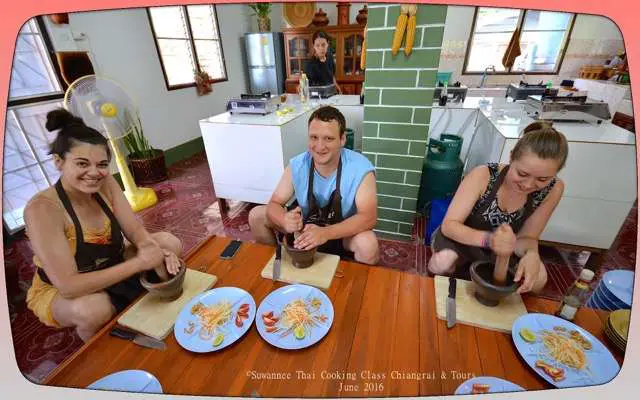
Surely many of these cooking classes are different, but we had a very positive experience with the cooking class we participated in while visiting Thailand. The whole class was probably a half-day activity, but it was a lot of fun and very educational. First, we went to the market with our instructor. She guided us through the local food market, informed us about different ingredients and shared a few samples of different local foods.
Once we purchased our ingredients at the market, we returned to the kitchen and were led through a guided class on how to prepare ingredients and cook three popular Thai dishes that included Papaya Salad, Green Curry and Tom Yum.
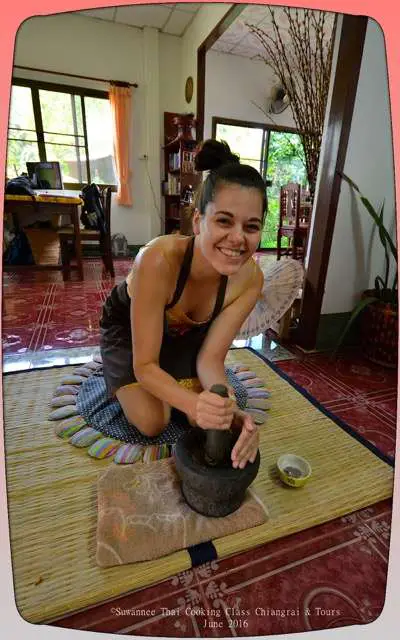
Food and Drink
One often overlooked but deeply immersive way to experience culture is through food and drink—especially when it’s tied to a region’s history and landscape. One example is our experience taking a cooking class in Thailand. But perhaps you would rather not cook, and simply enjoy! In that case, European wine tours offer a rich blend of cultural storytelling and sensory exploration.
As you walk through centuries-old vineyards and sip wines made using traditional methods passed down through generations, you gain insight into a way of life shaped by climate, geography, and community. These tours aren’t just about tasting wine—they’re about understanding the cultural pride behind every bottle, the festivals tied to harvest seasons, and the family legacies preserved in every pour. It’s a journey through time and tradition, one glass at a time.
Books, Articles, and Podcasts
For those who don’t have the luxury of traveling outside their immediate vicinity, there are many books and articles available that can teach you about different cultures. These resources can provide you with a deeper understanding of the culture than you might get from other types of experiences.
One tip to ensure your reading materials are providing an authentic take on any given culture is to make sure that either the author is a part of that culture, or the author talked with people from that culture extensively while writing their book or article. If you are not a big reader, audiobooks are always another great option. You can use the time you spend cleaning, cooking, folding laundry, or doing other mundane tasks to learn about cultures outside of your own.
Related to the topic of audiobooks, I should also mention podcasts as great resources for cultural experiences! After visiting Mesa Verde National Park, I was intrigued by the Pueblo people and their culture. My eagerness to learn more lead me to listen to the Mesa Verde Voices podcast, where I was able to dive into the history and contemporary lift of Pueblo people.
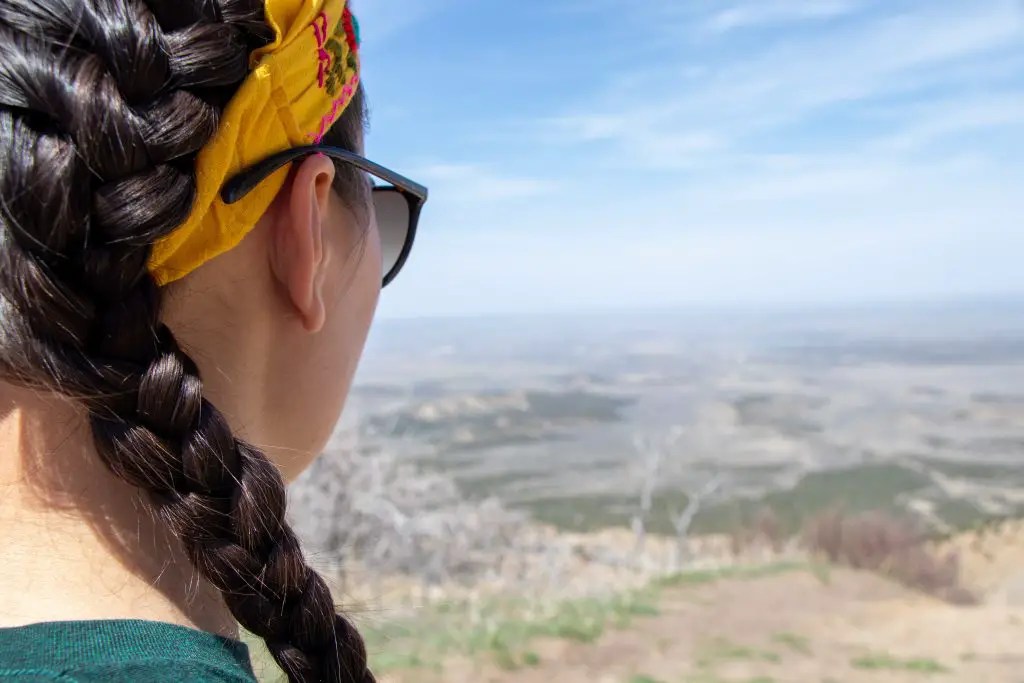
Final Thoughts on Seeking Cultural Experiences
Cultural experiences can be a rewarding and enriching way to learn about the world. If you are interested in having a cultural experience, there are many different ways to do it. You can travel to a new place, meet people from different cultures, read diverse books, and much more! Just be sure to do your research, be respectful, and be open-minded.

